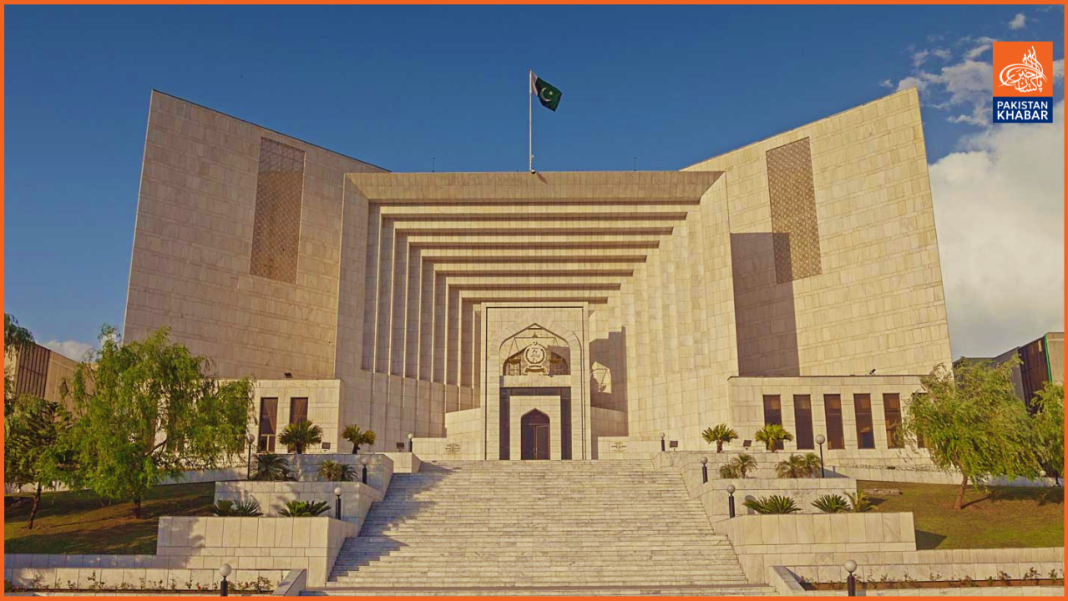On Monday, a committee of the Judicial Commission of Pakistan (JCP) finalized the draft rules to regulate the assessment, evaluation, and fitness criteria for the appointment of judges to the superior judiciary.
A source close to the matter informed Dawn that these draft rules will be presented to the JCP for final approval on December 21. The secretariat of the commission is expected to finalize the rules in the coming days, and they should be uploaded to the Supreme Court’s website before the final meeting. This will provide bar councils and associations with the opportunity to raise any objections to the draft.
The source explained that the draft rules include a special criterion requiring candidates—whether legal professionals or judges being considered for elevation to the superior judiciary—to submit a list of at least 10 judgments, detailing whether the legal principles established in these decisions remain relevant.
The source further noted that the 26th Constitutional Amendment has complicated the process of elevating judges, as it grants all members of the JCP, including political parties, the right to propose nominees for judicial appointments. Previously, only judges on the commission selected appointees. As a result, there is now increased lobbying and CV submission for consideration by the JCP.
Once the draft rules are uploaded to the website, nominees will have another chance to resubmit their credentials, the source added.
The draft rules also stipulate that if a senior high court judge is bypassed for elevation to the Supreme Court, or a district and sessions judge is overlooked for a high court appointment, the JCP must provide clear reasons for overlooking the senior judicial member.
Integrity, professionalism, impartiality, and credibility are emphasized as key factors in evaluating nominees for additional judgeships in high courts. The rules will also grant the commission the authority to conduct detailed interviews with nominees if there are any uncertainties regarding their qualifications.
In its December 6 meeting, the JCP had suggested that Chief Justice of Pakistan (CJP) Yahya Afridi, who also chairs the commission, nominate members to form a sub-committee tasked with drafting the rules. This led to the formation of a sub-committee, led by Justice Jamal Khan Mandokhail, which included Attorney General for Pakistan (AGP) Mansoor Usman Awan, Senators Barrister Syed Ali Zafar and Farooq Hamid Naek, and senior counsel Akhtar Hussain.
Before the sub-committee’s meeting, senior Supreme Court judge Justice Syed Mansoor Ali Shah wrote to Justice Mandokhail, urging the finalization of “clear and transparent rules” for judicial appointments. Justice Shah warned that appointments made without such a framework could be unconstitutional and threaten the judiciary’s independence. He emphasized the constitutional obligation under Article 175A(4) for the JCP to establish procedures and criteria for appointing judges. He also expressed concern that the 26th Amendment, which allows the executive to have a majority in the JCP, could lead to politically motivated appointments, undermining judges’ ideological commitment to the rule of law.
In response, Justice Mandokhail assured that most of Justice Shah’s suggestions had already been incorporated into the draft rules. He reiterated the committee’s commitment to ensuring the judiciary is composed of competent and honest individuals, and that the best mechanism for appointing judges is being developed.




